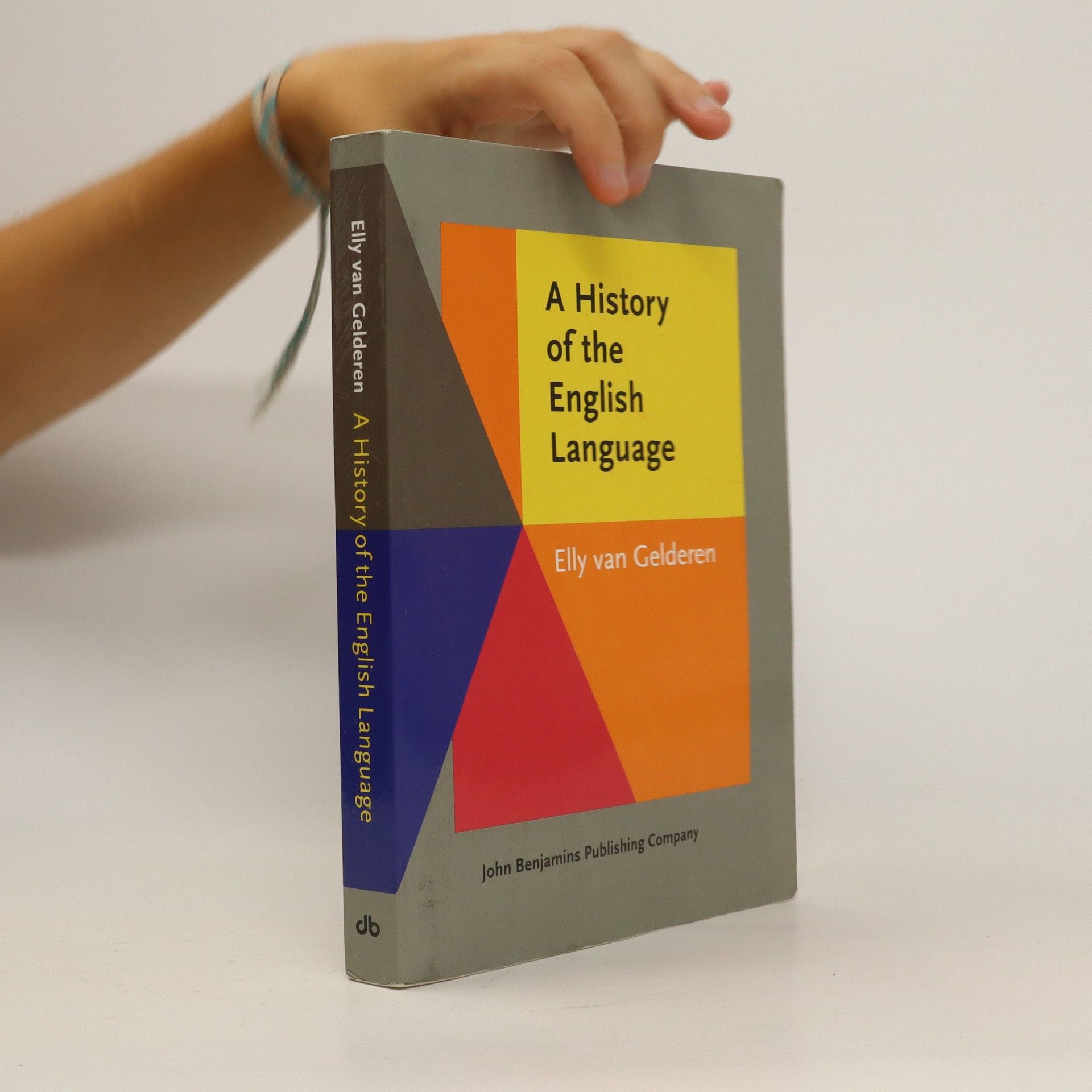This textbook invites the student to explore early English syntax by looking at the linguistic characteristics of well- known texts throughout the early history of English. It shows how that piece of the language fits in to the broader picture of how English is developing and introduces the student to the real writing of the period.
Elly van Gelderen Knihy



Clause structure is the most widely-studied phenomenon within syntactic theory. This accessible book synthesizes the most important research findings.
A History of the English Language
- 334 stránek
- 12 hodin čtení
THIS INFORMATION REFERS TO AN OLD EDITION. This exceptionally clear text focuses on internal changes in the English language. It outlines the history of English from pre-Old English times to the present. Not only does it present the traditional morphological descriptions of the various stages of the language, it provides many example sentences, texts, and cartoons that are analyzed for the benefit of the student and which make this book ideal for class use. Some language-external topics are covered such as early printing and authorship debates. Tables and figures complement the material covered and exercises review the main points as well as ask further, more challenging, questions. Answers to the exercises are provided, as is a time line listing some of the external events, and some guidance on how to use the OED. Complementary web site information is provided throughout the book, and a companion web site accompanies the book.This book has a companion